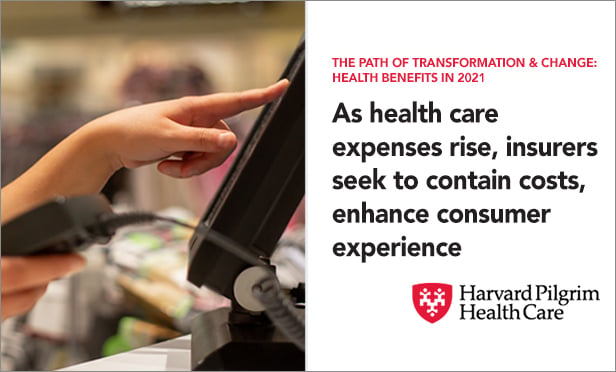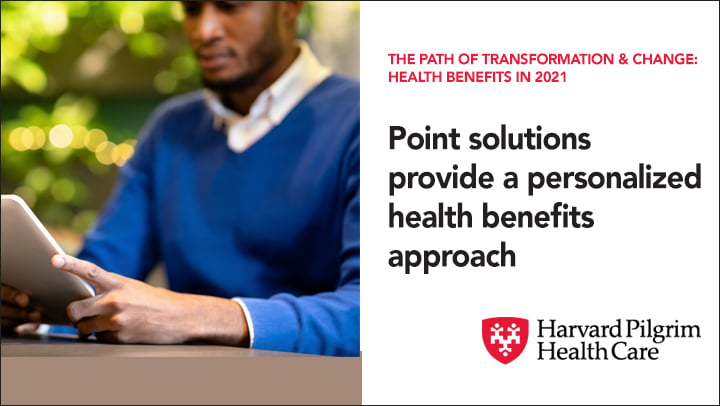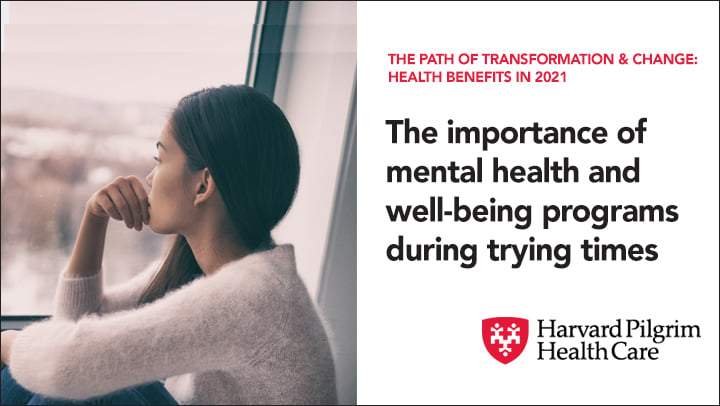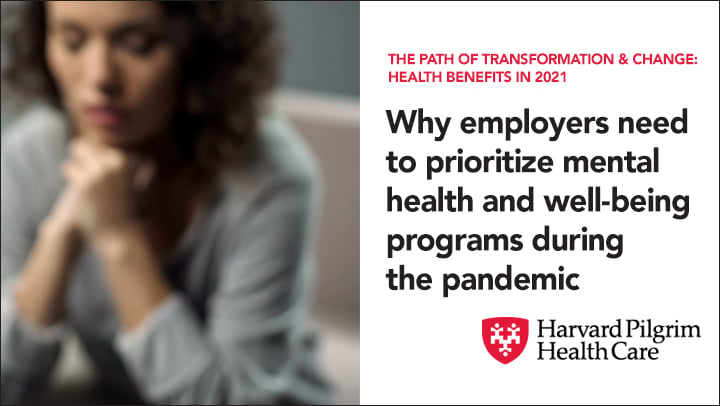- Benefits Broker
- Benefits Manager
- Retirement Advisor
- Awards
- Broker Expo
- FreeERISA
- Leads
- Career Center
- More
About The Author
CONNECT WITH THIS AUTHOR
October 31, 2023
October 31, 2023
October 31, 2023
October 09, 2023
February 01, 2021
February 01, 2021
January 15, 2021
January 15, 2021
Trending Stories
- 1Independent pharmacies sue GoodRx over price-checking strategy
- 2Navigating Cancer's Financial Strain: A Guide for Benefit and Health Plan Leaders
- 3What the election results mean for employer health plans
- 4How the presidential election will impact ICHRAs and the health insurance market
- 5How Much Does the Frequency of Retirement Withdrawals Matter?








